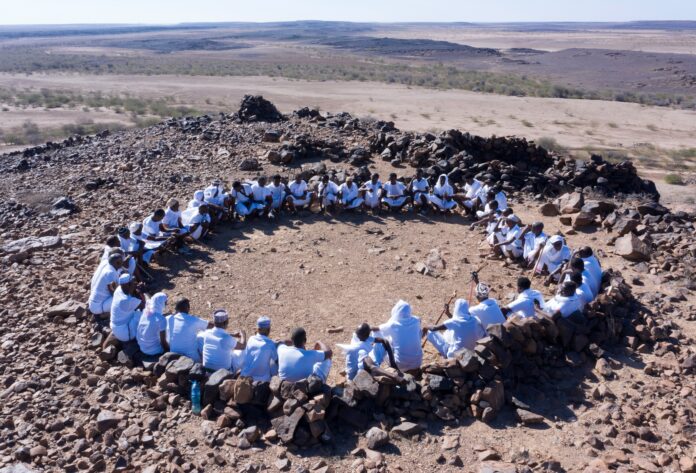NAIROBI (Kaab TV) – The United Nations Educational, Scientific and Cultural Organization (UNESCO) has officially recognized Xeer Ciise, the customary law system of the Somali-Issa communities in Djibouti, Ethiopia, and Somalia, as part of the Representative List of the Intangible Cultural Heritage of Humanity. This historic decision was announced last Thursday.
Xeer Ciise was established over 500 years ago on Sitti Mountain in Ethiopia by 44 elders representing 12 Somali-Issa clans. Convening for a year under a tree, these elders codified the laws to resolve inter-clan disputes and govern community matters.
Xeer Ciise addresses issues such as homicide, blood compensation, livestock theft, marriage, and sexual violence.
It remains a cornerstone of conflict resolution, peacebuilding, and governance in the region. Complex cases are escalated to the Gande, the highest court, led by the Ugaas, the spiritual and political leader of the Somali-Issa.
UNESCO’s recognition not only celebrates the historical and cultural significance of Xeer Ciise but also underscores its role in uniting Somali-Issa communities across the Horn of Africa, promoting peace, equality, and good governance.
It is seen as a vital living heritage that strengthens community ties and preserves traditional knowledge.
Cultural expert and poet Yusuf Shaacir from Hargeisa called this recognition “a big success for all Somali communities, who will feel proud because of this acknowledgment.”
However, he noted the need to update Xeer Ciise’s 365 articles to align with Islamic law and to expand its application for broader use among local communities in the Horn of Africa.
This recognition follows a nomination submitted by Ethiopia and Djibouti last year, inspired by a major Somali-Issa clan assembly held in Ethiopia’s Somali region.
Several books have been published about Xeer Ciise in Somali, English, and other languages, further documenting its significance.
UNESCO stated that Xeer Ciise exemplifies how cultural traditions can sustain unity, social equity, and peaceful coexistence in a diverse region


